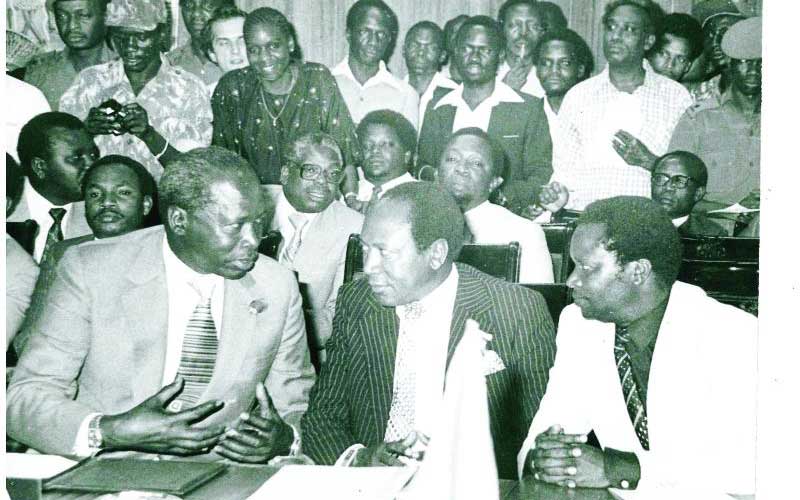×
The Standard e-Paper
Home To Bold Columnists

Eston Barak Mbaja who died in the US on Monday lived a quiet life until the gruesome murder of his brother – former Foreign Affairs Minister Robert Ouko – thrust him into the limelight.
Mbaja, a bespectacled and towering former district commissioner in the Kanu era who was best known for his love of jungle jackets, will be buried with any secrets he had about Ouko's macabre killing.